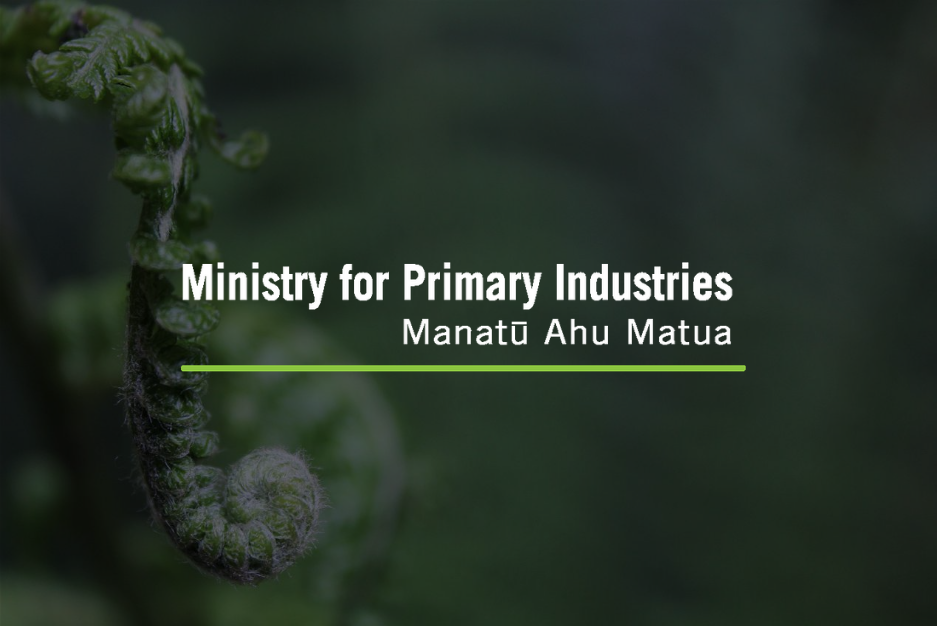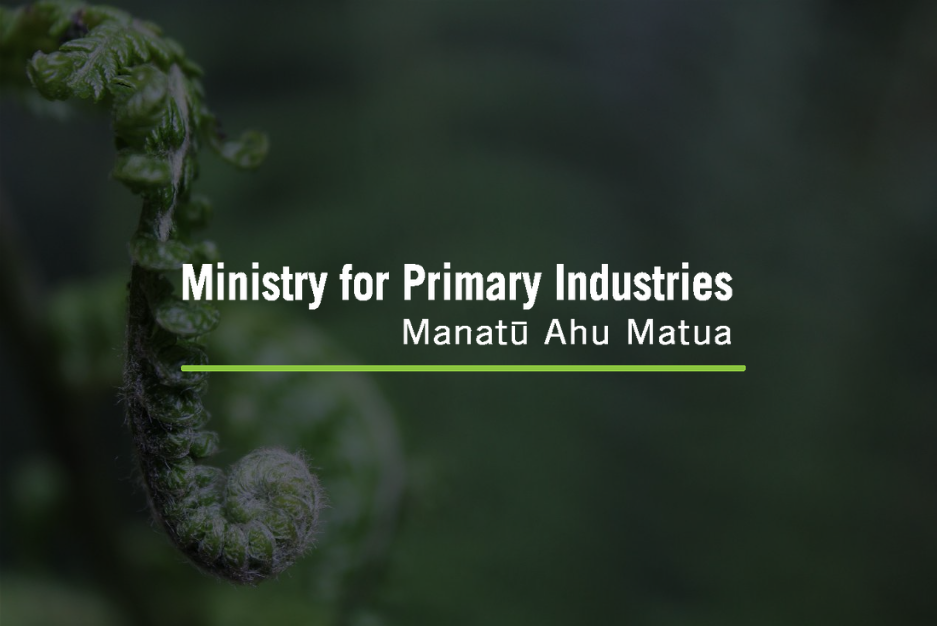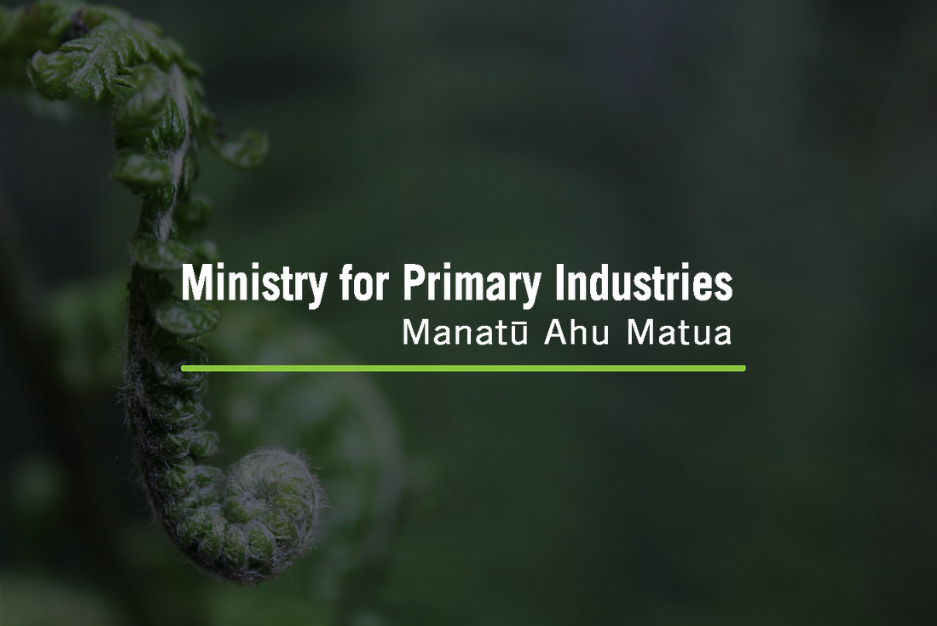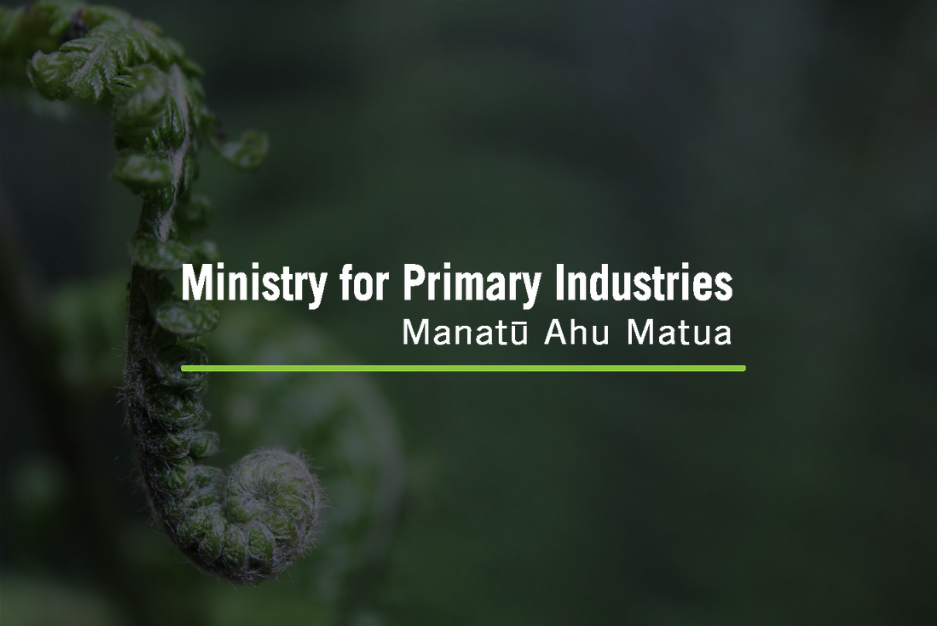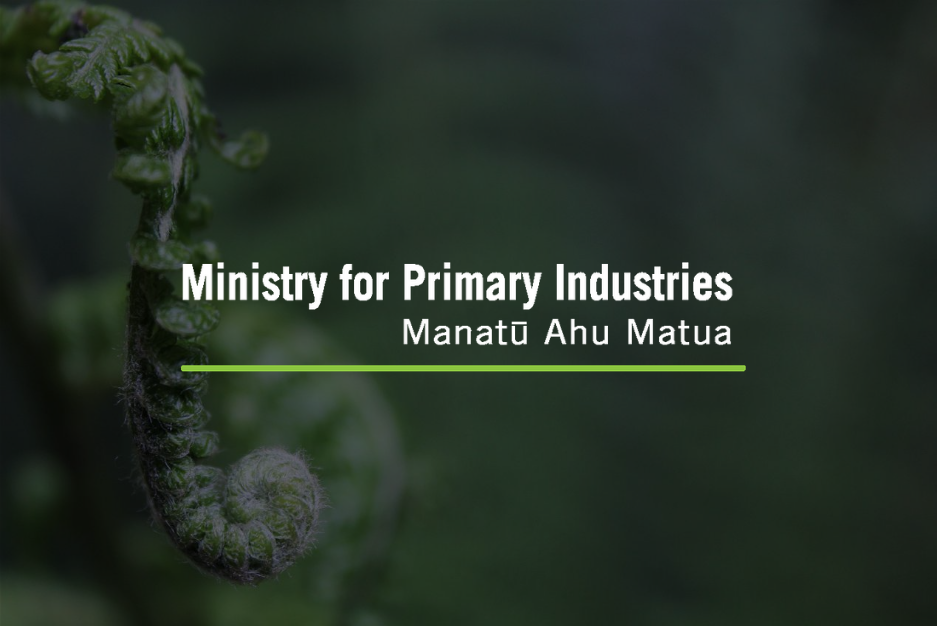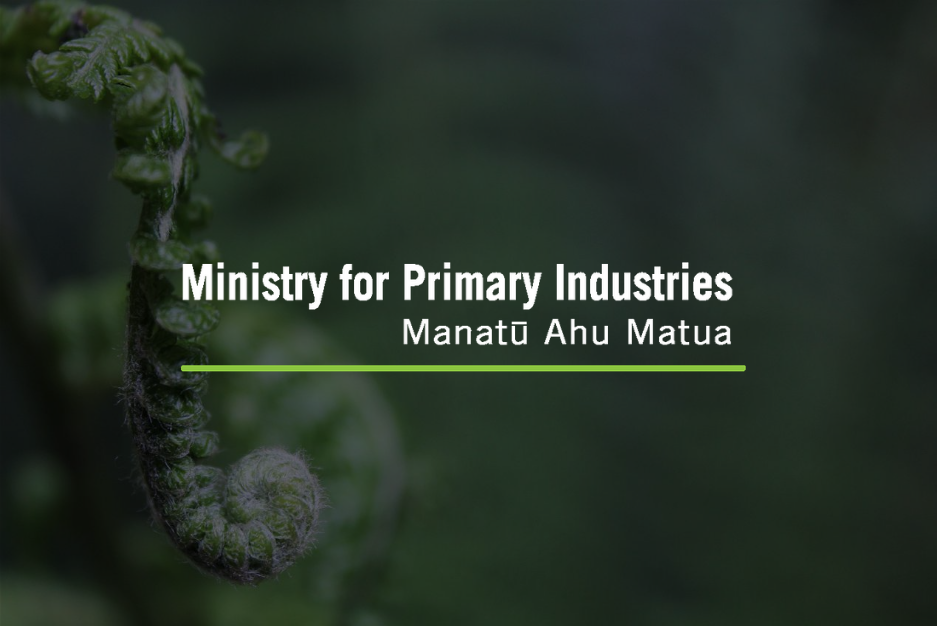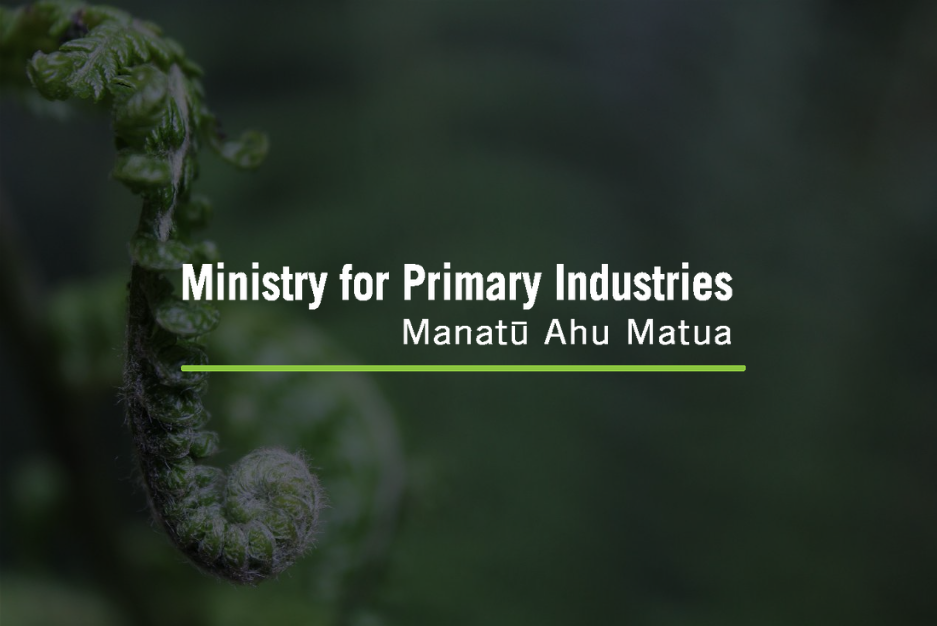Source:
Have your say
From 15 January to 15 March 2025, the Ministry for Primary Industries (MPI) invites comment on proposed changes to the Bovine Germplasm Import Health Standard (IHS).
The short code for the import health standard is BOVIGERM.GEN
Full details of the proposed changes are in the consultation documents.
What is being proposed?
The standard currently covers import conditions for bovine semen and bovine in vivo derived embryos. We are proposing an amendment to expand the scope to include bovine in vitro produced embryos in response to interest from importers and market trends. We are also proposing some minor updates to the existing import conditions for bovine semen and bovine in vivo derived embryos to align with WOAH (World Organisation for Animal Health) recommendations and provide more clarity.
The proposed amendments
Overall, we are proposing to amend the standard by:
- adding conditions for the importation of bovine in vitro produced embryos
- removing the import permit requirement for all bovine germplasm
- changing references of cattle to “animals” throughout the IHS to cover other relevant bovine species. More information about this change is in the ‘Bovine germplasm guidance document’.
For bovine semen, we’re proposing to:
- add options for the management of enzootic bovine leukosis
- clarify the test options for BVDV2
- add semen testing and donor treatment options for the management of leptospirosis
- change semen donor testing requirements for the management of Campylobacter fetus subspecies venerealis
- remove the condition for donors to never have had a confirmed positive result for Q fever when semen is tested directly
- remove the antibiotic treatment option for the management of Mycoplasma bovis in semen
- add a definition for semen collection.
For bovine in vivo derived embryos, we’re proposing to:
- clarify the test options for BVDV2
- align the import conditions for lumpy skin disease with WOAH recommendations
- add embryo testing and donor treatment options for the management of leptospirosis
- remove the requirement for embryo donors to be free of TB signs 24 hours prior to collection
- require the semen used to produce the embryos to meet the import conditions for Mycoplasma bovis.
Consultation documents
Draft Bovine Germplasm Import Health Standard [PDF, 500 KB]
Bovine germplasm IHS guidance document [PDF, 530 KB]
Risk management proposal for importing bovine germplasm [PDF, 561 KB]
Related documents
WTO notification [PDF, 80 KB]
Making your submission
Email your feedback on the draft before 5pm on 15 March 2025 to animal.imports@mpi.govt.nz
Make sure you include in your submission:
- the title of the consultation document in the subject line of your email
- your name and title, if applicable
- your organisation’s name (if you’re submitting on behalf of an organisation)
- your contact details (for example, phone number, address, and email).
While we prefer email, you can send your submission by post to:
Bovine germplasm IHS consultation, Animals and Animal Products Import Standards
Ministry for Primary Industries
PO Box 2526
Wellington 6140
New Zealand.
All submissions received by the closing date will be considered before the amended import health standard (IHS) is issued. MPI may hold late submissions on file for consideration when the issued IHS is next revised or reviewed.
Steps to finalising the new IHS
After consultation on a draft import health standard, MPI publishes a provisional IHS.
If you made a submission during the consultation, you have 10 working days to notify the Director-General of MPI that you intend to request an independent review. Reviews are limited to whether specific scientific evidence was given sufficient consideration.
If no review is requested within 10 working days, then the provisional IHS is confirmed and the final IHS is issued. A 6-month transition period will be implemented during which time either the old or new import requirements can be used. After this period, the new import requirements in the IHS must be followed.
For more information about reviews refer to Section 24 of the Biosecurity Act 1993 – NZ Legislation
Submissions are public information
Note that all, part, or a summary of your submission may be published on this website. Most often this happens when we issue a document that reviews the submissions received.
People can also ask for copies of submissions under the Official Information Act 1982 (OIA). The OIA says we must make the content of submissions available unless we have good reason for withholding it. Those reasons are detailed in sections 6 and 9 of the OIA.
If you think there are grounds to withhold specific information from publication, make this clear in your submission or contact us. Reasons may include that it discloses commercially sensitive or personal information. However, any decision MPI makes to withhold details can be reviewed by the Ombudsman, who may direct us to release it.
Legal background
MPI must consult with interested parties in accordance with section 23 of the Biosecurity Act 1993 (the Act) and MPI’s consultation policy before issuing or amending (other than of minor or urgent nature) import health standards (IHS) under sections 24A and 24B of the Act.
An IHS specifies import requirements that must be met either in the country of origin or of export, or during transit, before biosecurity clearance can be given for the goods to enter New Zealand. MPI must ensure that these requirements are technically justified and provide an appropriate level of biosecurity protection.
